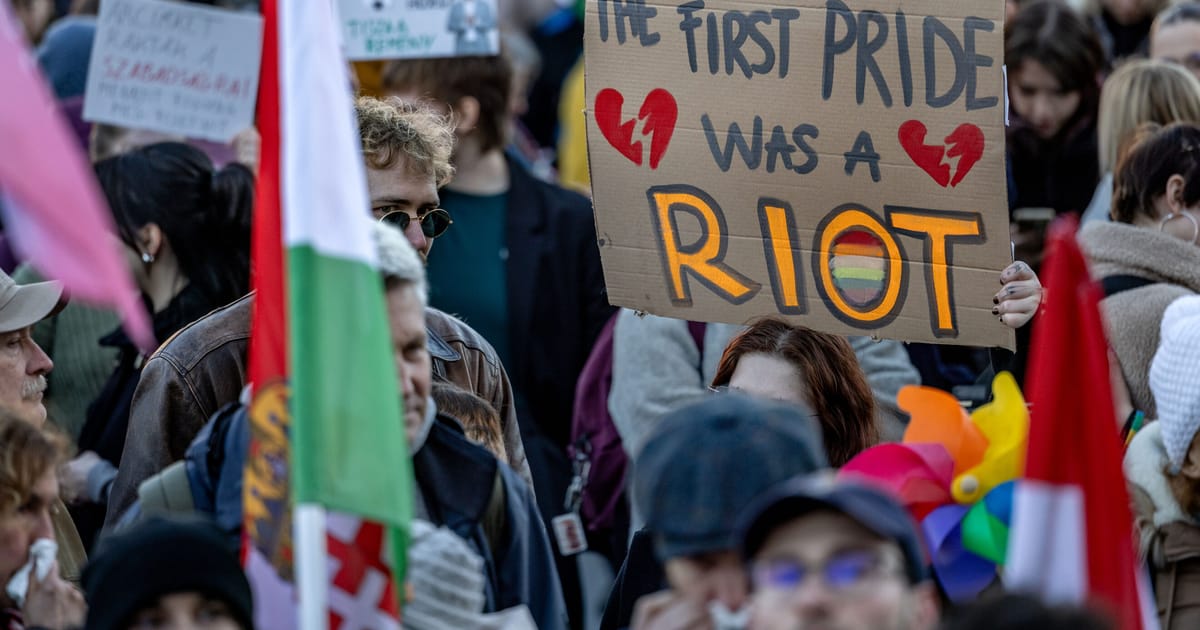

In an evolving world, various stories capture our attention and reflect the diverse cultural, social, and political issues that shape our global community. From the vibrant streets of Budapest to the strategic halls of Westminster, here’s an exploration of some key events making headlines today.
The Budapest Pride parade, an annual celebration of diversity and inclusion, has taken center stage in Europe’s ongoing culture discussions. While the parade attracts numerous European politicians advocating for LGBTQ+ rights, it finds itself at odds with Hungary’s conservative leadership. The government insists that the parade is illegal, highlighting the tension between local policies and wider European values. Amidst disagreements, the event continues to symbolize a broader struggle for equality, bringing together communities from across Europe in support of fundamental human rights.
Meanwhile, Jamaica turns its focus to historical justice as it seeks reparations for slavery. The island nation is calling upon King Charles to engage with the UK’s judicial committee of the privy council to address the enduring legacy of colonialism. This request underscores Jamaica’s continuing journey toward healing and reconciliation, highlighting the resilience of its people. It also presents an opportunity for the UK to engage in meaningful dialogue about its colonial past and the lasting impact on former colonies, fostering a path toward mutual understanding and growth.
In Queensland, Australia, a debate surrounds a directive allegedly forbidding public servants from including acknowledgments of indigenous land in their email signatures. This regulation, while reportedly denied by the government, has drawn criticism from opposition figures who stress the importance of recognizing indigenous heritage. The conversation expands beyond administrative practices, touching upon the broader theme of integration and respect for First Nations people, emphasizing the need for ongoing cultural awareness and appreciation in governmental frameworks.
As the UK addresses its past policies impacting the LGBTQ+ community, concerns are being raised over the pace of payouts to veterans dismissed from service due to their sexuality. With only a fraction of applicants compensated, the push for efficient resolution remains crucial. Highlighting this issue, politicians call for accelerated efforts to ensure fairness and restitution, reinforcing the commitment to justice and equality for all who have served their country under discriminatory policies. Such initiatives reflect society’s progression towards empathy and recognition of the sacrifices made by its diverse members.
Across continents in Nigeria, the “Yahoo Boys” continue to create ripples through their online scamming operations, highlighting modern challenges in digital security. Renowned for their elaborate schemes, these groups leverage the growing interconnectivity of our digital age. The phenomenon compels international cooperation and technological advancement to combat cybercrime, illustrating the complexity of navigating trust and security in an increasingly digital world. At its core, the issue emphasizes the need for vigilance and global solidarity to protect individuals in our interconnected times.
These varied narratives, while distinctive, are interwoven with themes of justice, equality, and progress. They remind us of the shared challenges we face and the collective strides we make toward a better, more inclusive world. Whether through celebrating diversity, seeking reparative justice, or ensuring security in a digital age, these stories encourage a mindful engagement with the issues at hand, fostering a global dialogue committed to peace and unity.
Source: {link}
